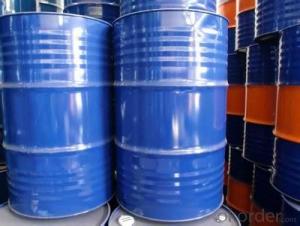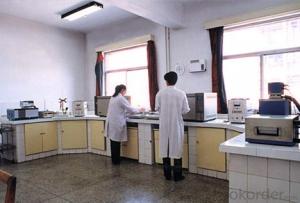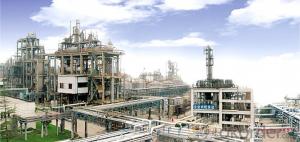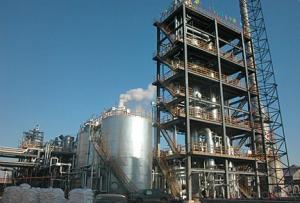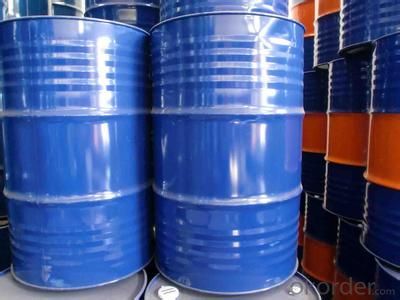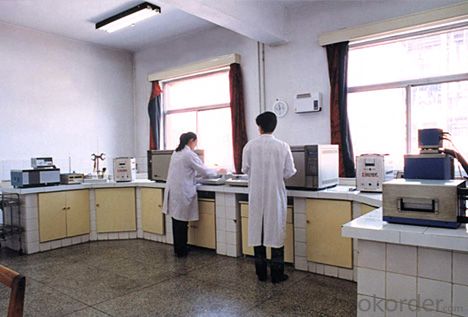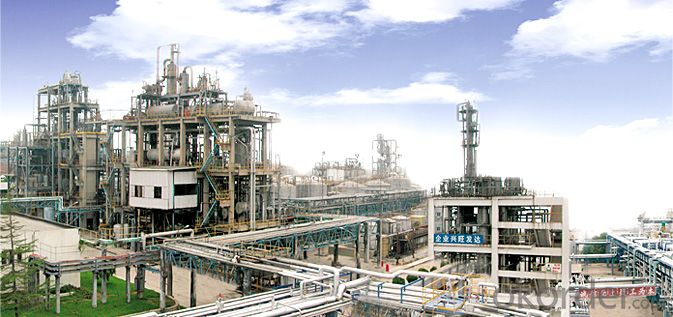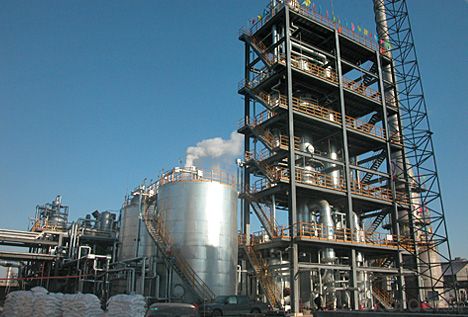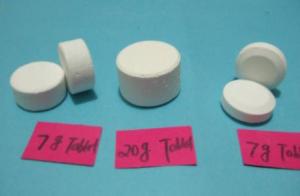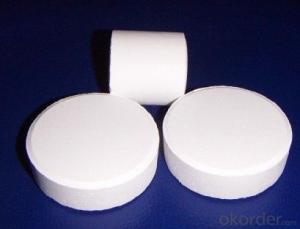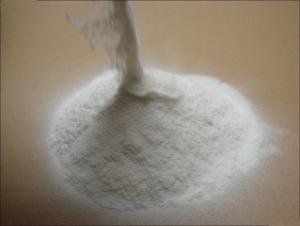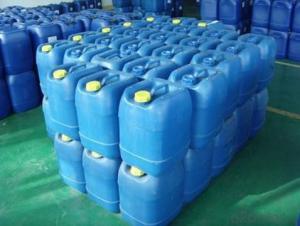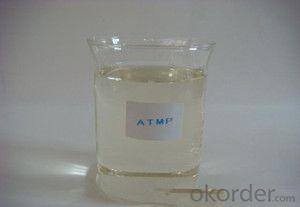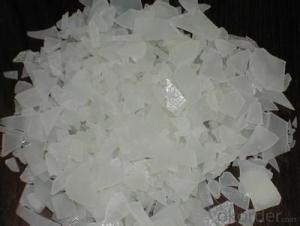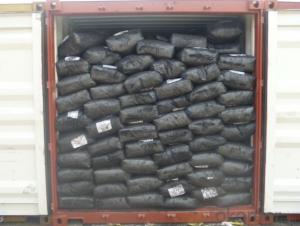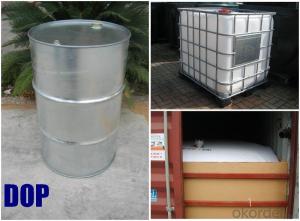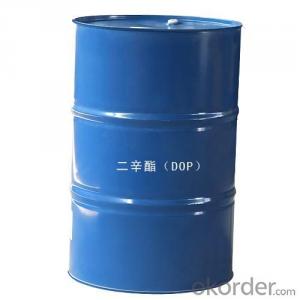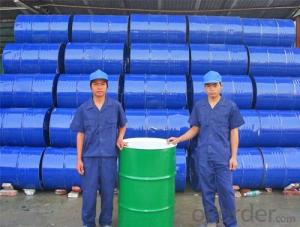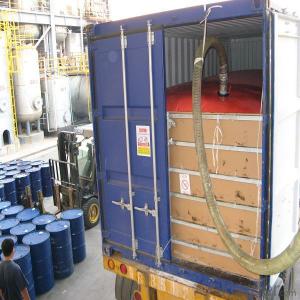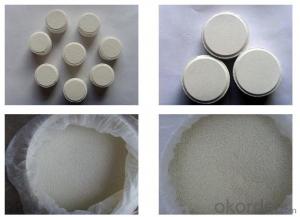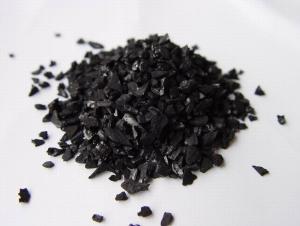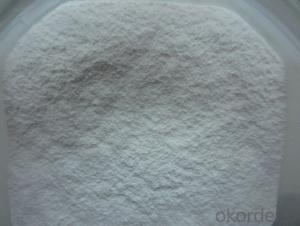Best Price for DOP Used for PVC Chemical Industrial ESBO
- Loading Port:
- Tianjin
- Payment Terms:
- TT OR LC
- Min Order Qty:
- 20 m.t.
- Supply Capability:
- 8000 m.t./month
OKorder Service Pledge
OKorder Financial Service
You Might Also Like
DOP
Molecular Formular : C24H38O4
Molecular weight : 390.57
CAS No.:117-81-7
H.S Code : 2917.3200.00
EINECS No.: 204-211-0
Characteristics : Colorless transparent oily liquid, slight odor.
Processing : Injection Moulding
Application : It is one of the most extensively used plasticizers in plastics processing. It has comprehensive properties, such as high plasticizing efficiency, low volatility, UV-resisting property, water-extracting proof, cold-resisting property, and also good softness and electric property. As a fine main plasticizer, it is extensively used in processing polyvinyl choride and ethylcellulose resins to produce plastic film, imitation leather, electric wire, cable wearer, sheet, planet, mould plastic products and. Used in nitrocellulose paints, it can make the ethylcellu lose more elastic and more strong in extracting tension. It can be used as a softening agent of synthetic rubber, such as to make the product easier to rebound and harder to undergo form change under pressure, without affecting of the plastics.
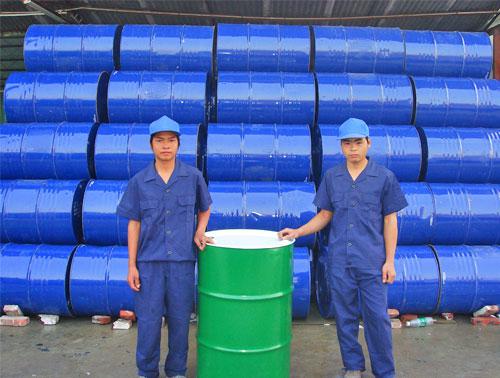
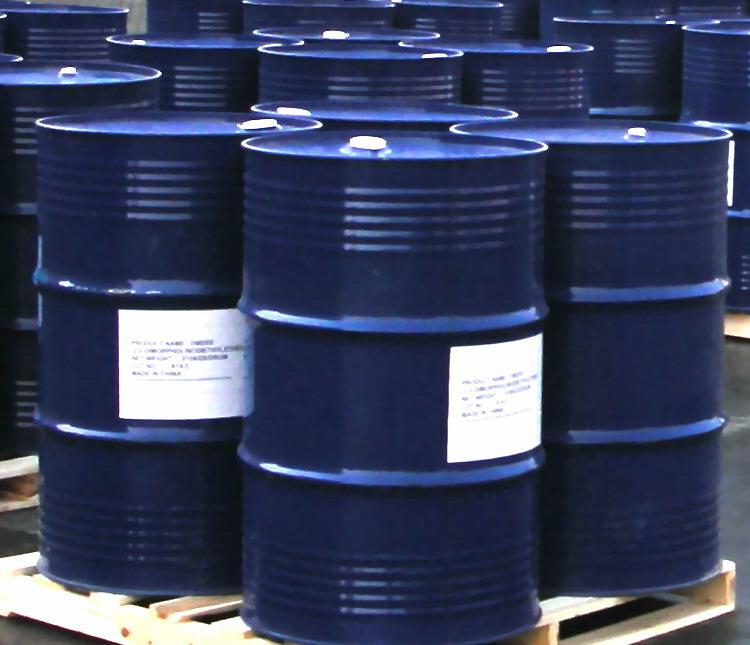
Specifications :
Quality Index | |||
Item | Value | ||
Super Grade | First Grade | Qualified Grade | |
Appearance | Oily liquid | ||
Color(APHA) ≤ | 30 | 40 | 120 |
PurityAs Ester% ≥ | 99.5 | 99.0 | 99.0 |
Acidity (benzene dicarbonic acid)g/cm | 0.01 | 0.015 | 0.03 |
Loss on dry (125oC3hr)%≤ | 0.2 | 0.3 | 0.5 |
Flash point(open)oC ≥ | 195 | 192 | 190 |
Density20,g/cm3 | 0.982-0.988 | ||
Volume Resistivity ΩM ≥ | 1.5×1011 | ||
Heat decrement % ≤ | 0.2 | 0.3 | 0.5 |
Water content,% ≤ | 0.1 | 0.15 | 0.15 |
Package and Storage :
Packed in 200KG/Galvanized Iron Drum or 1000kg/ISO TANK or flexibag container
Stored at dry,shady,ventilated place. Prevented from collision and sunrays,rain-attack during handling and shipping. Met the high hot and clear fire or contact the oxidizing agent,caused the burning danger.
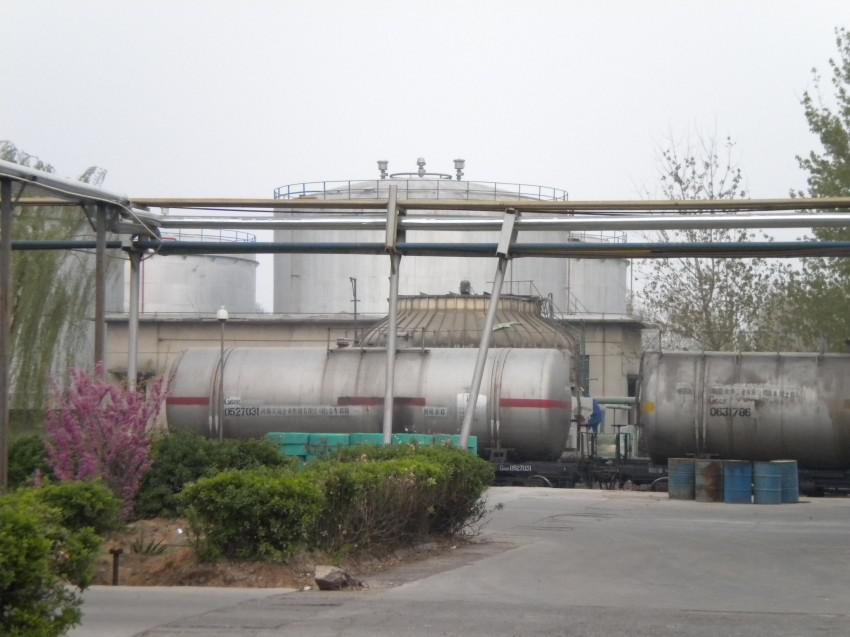
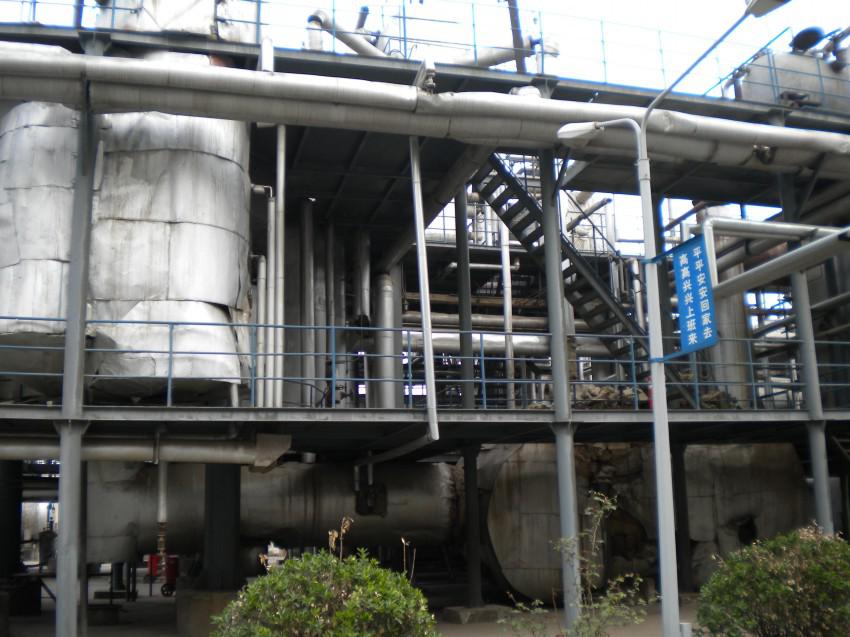
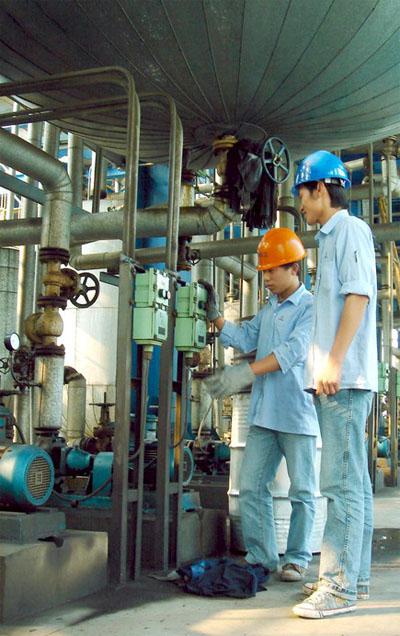
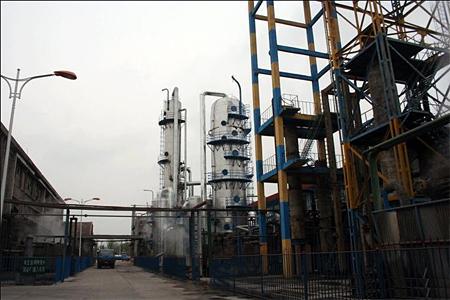
- Q: Carbon dioxide and hydrogen in the catalyst and heating conditions, the reaction of water and methane, the chemical equation is what
- CO2 + 4H2 = catalyst, heating = 2H2O + CH4
- Q: What is positive and negative catalyst in chemistry?
- Positive catalyst can simultaneously speed up the positive and negative reaction rate
- Q: The "one-to-two change" of the catalyst is that the quality and chemical properties of the reactants are constant or the quality and chemical properties of the catalyst are constant?
- The quality and chemical properties of the catalyst are unchanged
- Q: in acid-catalyzed reaction,there are some books show the acid catalyst as H+ and there are some show it as H3O+ .Are they the same?
- H+ is the ion contained in acids.... When acids are dissolved in water (H+)+(H2O)=H3O+ Both are the same......
- Q: pls give one or two catalysts that are used in the industry for example:Rhodium catalyst in a catalytic converter of a car or the Iron catalyst for making ammoniaTHANKS :)
- i will tell you the hydrogen and carbonmonixide production in indsutry they will use alumina based nickel catalyst for adsorption of gases, at high temperature it will breaks as small molecules like hydrogen, co2, co,ch4, after they will separate them using carbon molecular seives as catalyst. another catalyst for hydrogenation of double bond is copper chromate for sulphur removal from disel and petrol they will use COMOX ( copper and molybdinum catalyst ) after then pass through zinc sulfide with hydrogen gas , the sulfur will removed as a hydrogen sulfide.
- Q: Can a catalyst react with a reactant?
- it can react to start the reaction but should be regenerated during the reaction. if it reacts and not regenerated,then its better to call it reactant instead of catalyst
- Q: In chemistry what is a catalyst and an example?
- Catalysts are substances that increase the rate of a reaction by providing a low energy shortcut from reactants to products. In some cases, reactions occur so slowly that without a catalyst, they are of little value. Nearly all reactions that occur in living cells require catalysts called enzymes- without them, life would be impossible. There are two important classes of catalysts: homogenous catalysts like enzymes and aqueous ions that are uniformly mixed with the reactants, and heterogeneous catalysts that provide a surface that holds and reconfigures the reactants in a way that is favorable for reaction. Examples of homogeneous catalysis. Catalysts in solution with the reactants usually provide fast reaction paths by allowing reactants to form an unstable intermediate that quickly decomposes into products. For example, the substitution reaction CH3CH2OH(g) + HCl(g) H2SO4 ----->CH3CH2Cl + H2O(ell) is catalyzed by acid because the ethanol is converted into unstable CH3CH2OH2+, which quickly reacts with Cl- to produce the products. Definition: A catalyst is a subtance that increases the rate of a chemical reaction by reducing the activation energy, but which is left unchanged by the reaction. Examples: A piece of platinum foil is a catalyst for the combustion of methane in air.
- Q: Effect of Catalyst on Chemical Reaction Rate
- The catalyst can reduce the activation energy of the chemical reaction and allow the reaction to take a shortcut
- Q: It's a GCSE Chemistry questionI just need to know why there are so many
- Many important chemical reactions require inputs of energy to proceed. If a catalyst is present less energy will be required to complete the reaction. Catalysts are substances that are mixed in with materials that are to be reacted, but they themselves do not, in the end, change chemically. They establish a local environment that promotes one or more chemical reactions to take place. A catalyst is important in many industrial processes. Sulfuric acid, which is used to produce batteries, detergents, dyes, explosives, plastics, and many other produces, is commonly produced using a catalyst called vanadium oxide. Ammonia, a primary component of many fertilizers, could not be produced economically without the use of iron oxide which speed up the reaction. The process of catalyst also affects the state of our global environment. Automobiles use catalytic converters to treat exhaust. The metals platinum and palladium facilitate the chemical conversion of noxious gases to more inert forms, greatly decreasing the environmental impact of combustion engines. Probably the most important impact of catalyst is on life itself. All important biochemical reactions are catalyzed by molecules called enzymes. Most enzymes are proteins which catalyze specific reactions within cells. Some examples include polymerases, which synthesize DNS and RNA, peptidases, which digest protein, and ATP synthases, which produce energy for the many different cell activities.
- Q: A substance involved in chemical reflection, but reflects the quality of the material before and after the change, you say it is a catalyst?
- A catalyst is a substance that accelerates the reaction rate of other reactions and whose quality and chemical properties do not change. Sometimes the catalyst can also participate in the reaction. The elemental iodine in the title is the catalyst for the decomposition of hydrogen peroxide.
Send your message to us
Best Price for DOP Used for PVC Chemical Industrial ESBO
- Loading Port:
- Tianjin
- Payment Terms:
- TT OR LC
- Min Order Qty:
- 20 m.t.
- Supply Capability:
- 8000 m.t./month
OKorder Service Pledge
OKorder Financial Service
Similar products
Hot products
Hot Searches
Related keywords
